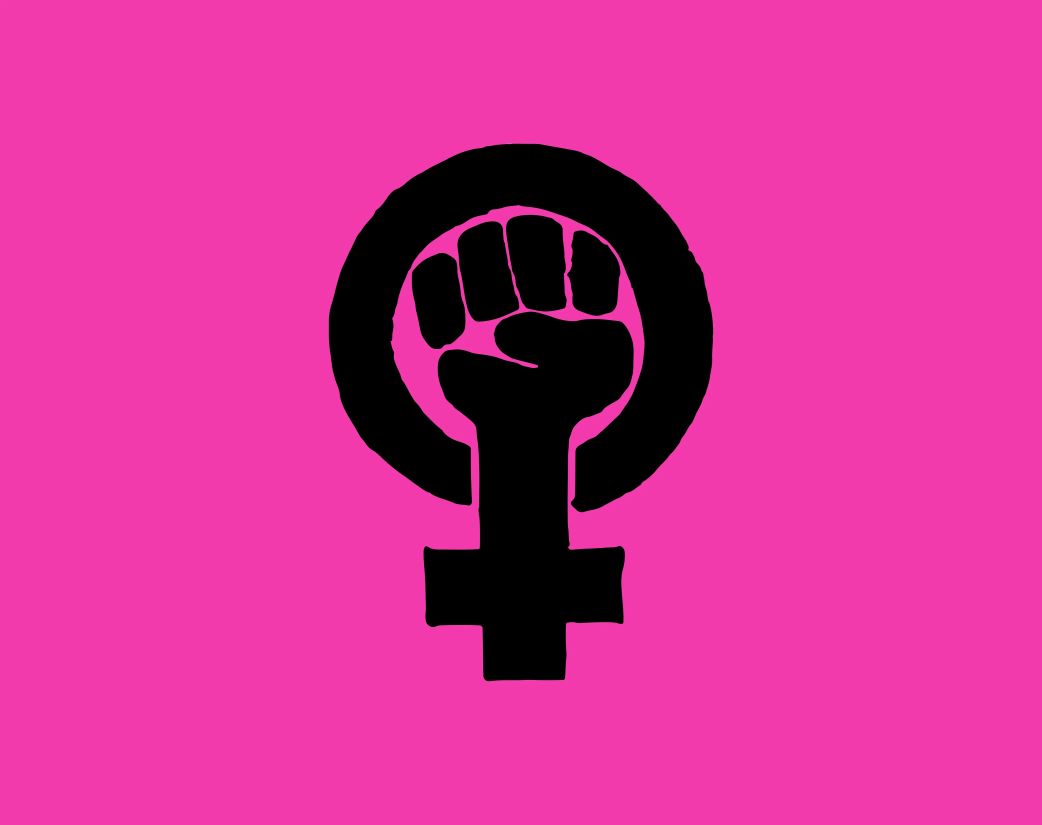In a world full of problems, people wonder how they can make a difference. Activism is a powerful way to create change and stand up for what matters. Through activism, people come together to raise awareness and push for solutions to community problems.
Spreading information is good but real change happens when activists act together. Grassroots organizing brings like minded people together to form groups around specific issues. These groups get stronger with numbers, diversity and peaceful tactics that get public attention and reach those in power.
There are many ways to be heard in today’s busy world. Social justice advocates can meet, run for office or participate in peaceful protests. Finding the right way to share your message is important too. By connecting with others who care about the same issues, activists can cut through the noise and be heard on what matters.
Getting Started with Activism
Activism allows people to make positive changes in their communities and society. Starting your activism journey might seem challenging, but with the right approach, anyone can become an effective advocate for change.
Activism and Advocacy
Activism means taking action to create social, political or environmental change. It’s about standing up for what you believe in and making a difference. Activism can take many forms – from attending protests to writing to elected officials.
Advocacy is about speaking up for a particular cause or group of people. Advocates work to influence decisions at personal, institutional and governmental levels.
Both activism and advocacy rely on people using their voices for the causes they care about. The most effective activists know change takes time and persistence.
Many people start their activism journey after a personal experience or when they see an injustice that moves them to act.
Find Your Cause
Finding your cause is the first step in activism. Think about issues that make you passionate or concerned. What problems do you see in your community or the world that you want to change?
Some people focus on environmental issues like climate change. Others advocate for social justice issues like racial equality or LGBTQ+ rights. Many find meaning in local issues that affect their community directly.
It’s good to research your chosen cause thoroughly. Learn about:
- The history of the issue
- Current challenges and developments
- Organizations already working on the issue
- Proposed solutions
Start with one main cause rather than spreading yourself too thin across many issues. Your activism will be more effective when you have deep knowledge of a specific area.
Joining a Group
Connecting with others makes activism more fun and effective. Advocacy groups provide support, resources and community for new activists.
Look for local groups working on your issue. These might be chapters of national campaigns or grassroots community groups. Many groups welcome new members and have various ways to get involved based on your skills and time.
Social media and websites like Volunteer Match can help you find activism opportunities. Many groups have regular meetings or events where you can meet like-minded people.
When joining a group start small. Attend a meeting or volunteer for a single event. This gives you a chance to see if the group’s approach matches your values and working style before making a bigger commitment.
Amplifying Your Voice
Finding ways to make your voice stronger in activism helps you create real change. The right tools and approaches can get your message out to more people and have a bigger impact.
Social Media
Social media is a powerful way to spread activist messages. Platforms like Twitter, Instagram and Facebook allow anyone to share important information quickly and widely.
When using social media for activism consistency is key. Posting regularly about the issues you care about helps build awareness over time.
Sharing the work of Black artists, writers and activists can help amplify voices that might not otherwise be heard. This is especially important for movements like Black Lives Matter.
Remember to use hashtags that connect your posts to bigger conversations. This helps more people find and engage with your content.
Creating shareable content like infographics or short videos can help complex ideas spread more easily.
Public Speaking
Public speaking allows activists to connect with people in a meaningful way. Speaking at community events, rallies or even small gatherings can inspire others to take action.
Practice is key to public speaking. Rehearse your main points and try to anticipate questions that might come up.
Personal stories make speeches more powerful. When appropriate share your own experiences or those of people directly affected by the issue.
Keep it simple and clear. Avoid jargon that might confuse people new to your cause.
Body language matters too. Stand tall, make eye contact and speak with conviction to show you are committed to the cause.
Writing to Your Representatives
Contacting elected officials directly remains one of the most effective forms of activism. Representatives are responsible for listening to their constituents’ concerns.
Handwritten letters often receive more attention than emails. They show you’ve invested time and effort into your message.
When writing to representatives, be specific about what you want them to do. Ask for their support on particular bills or policies rather than making general requests.
Include personal stories that explain why the issue matters to you and your community. This helps representatives understand the real-world impact of their decisions.
Following up is important. If you don’t receive a response, send another letter or call their office directly.
Remember that persistence pays off. Even if you don’t see immediate results, continued pressure from many citizens can eventually lead to change.


